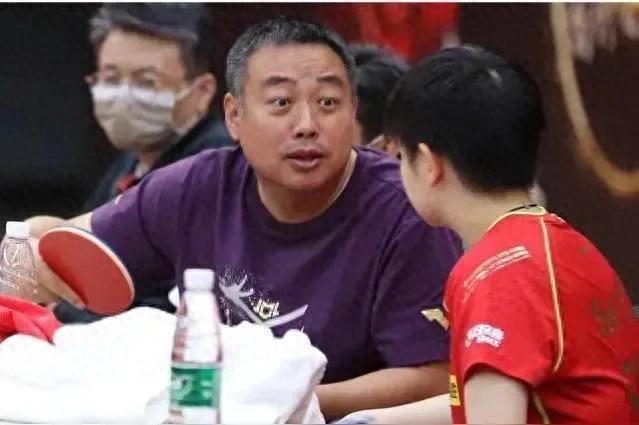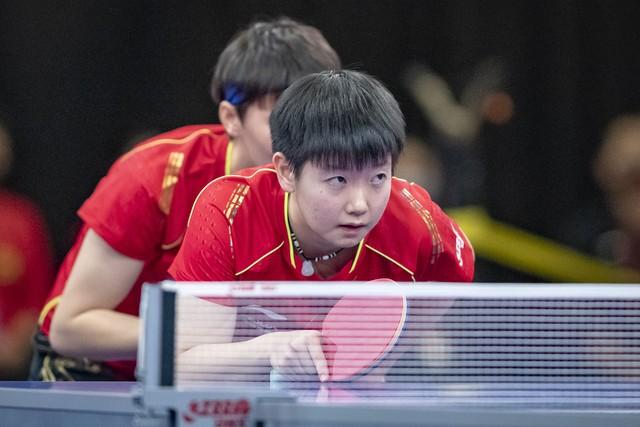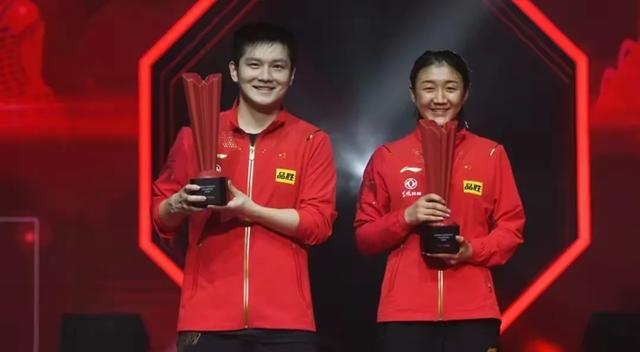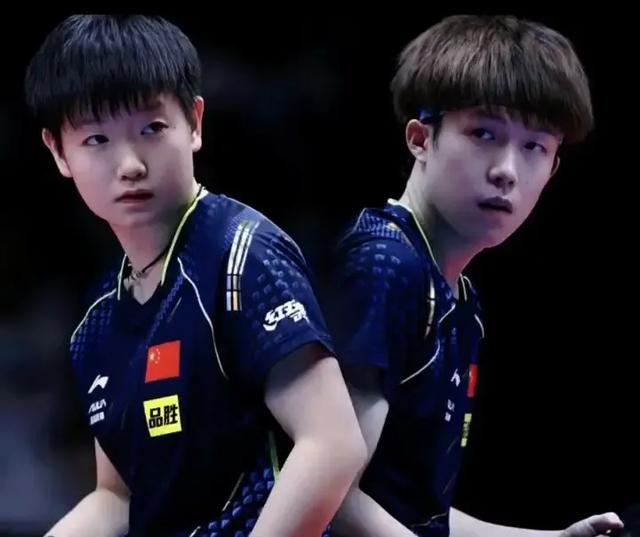Recently, the crackdown on fan culture chaos in the sports world by the General Administration of Sport has become a focal point of attention. Athletes such as Wang Chuqin have actively cooperated in disbanding their fan groups, and against this backdrop, the merits and demerits of Liu Guoliang's role in the development of the national table tennis team have sparked intense discussions and in-depth scrutiny.
The national table tennis team's feat of sweeping five gold medals at the Paris Olympics is undoubtedly a significant achievement in the history of Chinese sports. During his tenure as head coach, Liu Guoliang led the team with remarkable coaching skills and tactical arrangements, forging numerous glorious moments and making indelible contributions to the enduring success of China's table tennis. However, after assuming the position of chairman of the Chinese Table Tennis Association, the situation subtly changed. Some argue that the team began experiencing internal attrition during this period, with hidden crises undermining its strength behind the achievements.

Taking the "three golden flowers" of the women's team—Sun Yingsha, Wang Manyu, and Chen Meng—as examples, we can clearly discern the issues at hand. Sun Yingsha, endowed with exceptional talent and superior skills, should have shone even brighter on the court, but was swept into an excessive hype vortex due to the implementation of a grand marketing plan. The over-marketing packaged her as a champion, burdening her with heavy psychological pressure before she had truly reached that level. In the Olympic women's singles final, after a crushing performance in the first game, she experienced mental breakdowns in subsequent close games, which is clearly related to the pressure brought about by over-marketing.
Wang Manyu's experience stands in stark contrast. After winning the World Table Tennis Championships and National Games singles titles in 2021, she suffered the upheaval of her coach being replaced, akin to a severe blow that greatly affected her competitive state. In sharp contrast is Chen Meng, who, in a relatively pure environment, relied on a stable mindset and solid skills to ultimately claim the Olympic singles title. From a hard power perspective, the three are at the same level, but differences in their environments led to drastically different outcomes. This imbalance in the internal competitive environment undoubtedly weakened the overall strength of the national table tennis team.

Liu Guoliang's grand marketing plan, initially perhaps aimed at commercializing and expanding the influence of table tennis, severely disrupted normal competitive order in its execution. In this plan, some players were selected as "sales champions" and became the focus of marketing efforts. The selection criteria were not solely based on results and abilities but more on whether the players could cooperate with the marketing plan, becoming "puppets on a string."
Fan Zhendong, with outstanding achievements and strong capabilities, should have been an ideal candidate for marketing, but due to his independent personality, he was difficult to control completely and thus excluded from the focus of marketing. On the other hand, the chosen players, while enjoying significant resource倾斜 and adulation, gradually deviated from the pure trajectory of athletic development. This approach of promoting one and suppressing another not only disrupted the positive competitive atmosphere within the team but also marginalized truly capable players, damaging the team's overall fighting capacity.

From the current state of the table tennis fan circle, the root of the problem lies not only in the fervor of fans but also in the marketing behavior of the Table Tennis Association. The domestic top-level table tennis event, the Super League, not only failed to benefit from the grand marketing wave but also fell into decline. This phenomenon profoundly indicates that Liu Guoliang's marketing measures were not genuinely aimed at promoting the comprehensive development of China's table tennis cause but rather at building his own "WTT kingdom." This misplaced behavior poses a serious threat to the long-term development of the national table tennis team.
The General Administration of Sport's crackdown on fan culture chaos is undoubtedly timely and necessary. This action aims to purify the sports ecological environment and return competitive sports to the right track centered on strength and endeavor. In this context, Liu Guoliang's role and responsibilities are particularly crucial.

Athletes like Pan Zhanle and Zheng Qinwen disbanded their fan groups early before the Paris Olympics, and Fan Zhendong has consistently expressed his aversion to fan culture, setting a positive example for the sports world. Within the national table tennis team, many players dare to be angry but not speak out against the distorted fan circle phenomenon, further highlighting the urgency and arduousness of the rectification work.
As a core figure of the national table tennis team, if Liu Guoliang fails to recognize the severity of the problem in time and take effective measures to disband fan groups and rectify marketing chaos, it will not only damage the overall image and strength of the national table tennis team but also sow hidden dangers for the future development of China's table tennis cause. Table tennis, as China's "national ball," carries the pride and expectations of countless Chinese people, and its development cannot afford to falter. We look forward to the national table tennis team being able to set things right under the effective supervision of the General Administration of Sport, rediscovering its former glory and honor, and continuing to write the legendary chapters of Chinese table tennis on future courts.
In this discussion about Liu Guoliang's merits and demerits and the future direction of the national table tennis team, we should analyze with an objective and rational attitude, affirming past achievements while confronting current problems, contributing wisdom and strength to the healthy development of China's table tennis cause.